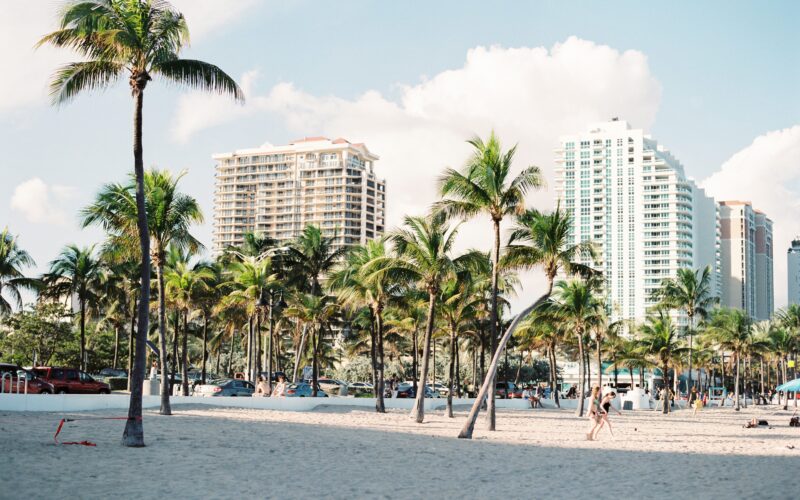A mere year after my first letter, my annoyance only grows.
As the world pushes for social distancing in the midst of the COVID-19 spread, I’m back home in Miami, Florida preparing for an entirely online last semester along with my graduating Badger peers. This pandemic is affecting everyone everywhere and all we can do is take decisions one step at a time.
Living in possibly the nation’s most popular Spring Break destination, the inevitable invasion of university students from the north was bound to cause chaos. Even with travel suggestions to cancel plans and return to one’s permanent residence, the influx persevered in goals to party at the beach.
Now, don’t get me wrong, I don’t think I would’ve been one to cancel plans and return home, but better practices could’ve been taken by these vacationers and my local government. Especially with the known severity of the contagious nature of the coronavirus.
And so the Spring Breakers arrive, carelessly flooding our beaches to high capacity. Committed to party in popular spots like Miami Beach, cases continue to rise all throughout Miami-Dade County. This devotion to party from Spring Breakers isn’t unusual, but the situational factors of a global pandemic reveal that many vacationers disregard the heightening risk factors on themselves and others.
One of these Spring Breakers, Brady Sluder, explained his commitment to a fun Miami trip in a broadcast report by CBS News.
“If I get corona, I get corona,” Sluder said. “At the end of the day, I’m not going to let it stop me from partying.”
The entitlement and insensitivity of the effects of Spring Breakers’ actions demonstrate an attitude applicable even without the circumstances of the COVID-19 pandemic. The impact of these actions onto a local community is irrelevant to these Spring Breakers if it means they can continue to party.
Whether it’s Cancún, New Orleans or Miami, the environmental and social repercussions of negligent behavior are not faced by Spring Breakers, but by the local community. Our public health officials not only have to worry about spread from local to local, but possible effects of tourists carrying the virus. Also, Spring Breakers risk spreading the virus to their communities once they make it back home.
With so many variables, it’s almost impossible to know how these actions affected the spread of the virus in Miami. What I do know is that my risk of contracting COVID-19 is higher when those with the means and ability don’t practice social distancing and self-quarantine.
Smart decisions made now can slow down the spread of this virus later. Think of the locals who may have to face the burden of continued national spread. Acknowledge how you can contribute to a struggling global community. Staying at home is the best you can do to make sure you have that amazing vacation in the future.
Even if it is just for selfish reasons, you would probably want to come when the beaches and clubs are open again. As simple as it may sound, there will be more opportunities to come to Miami in the future and have fun in the city I call home. If we all participate, you’ll be booking your next flight to Florida in no time.

